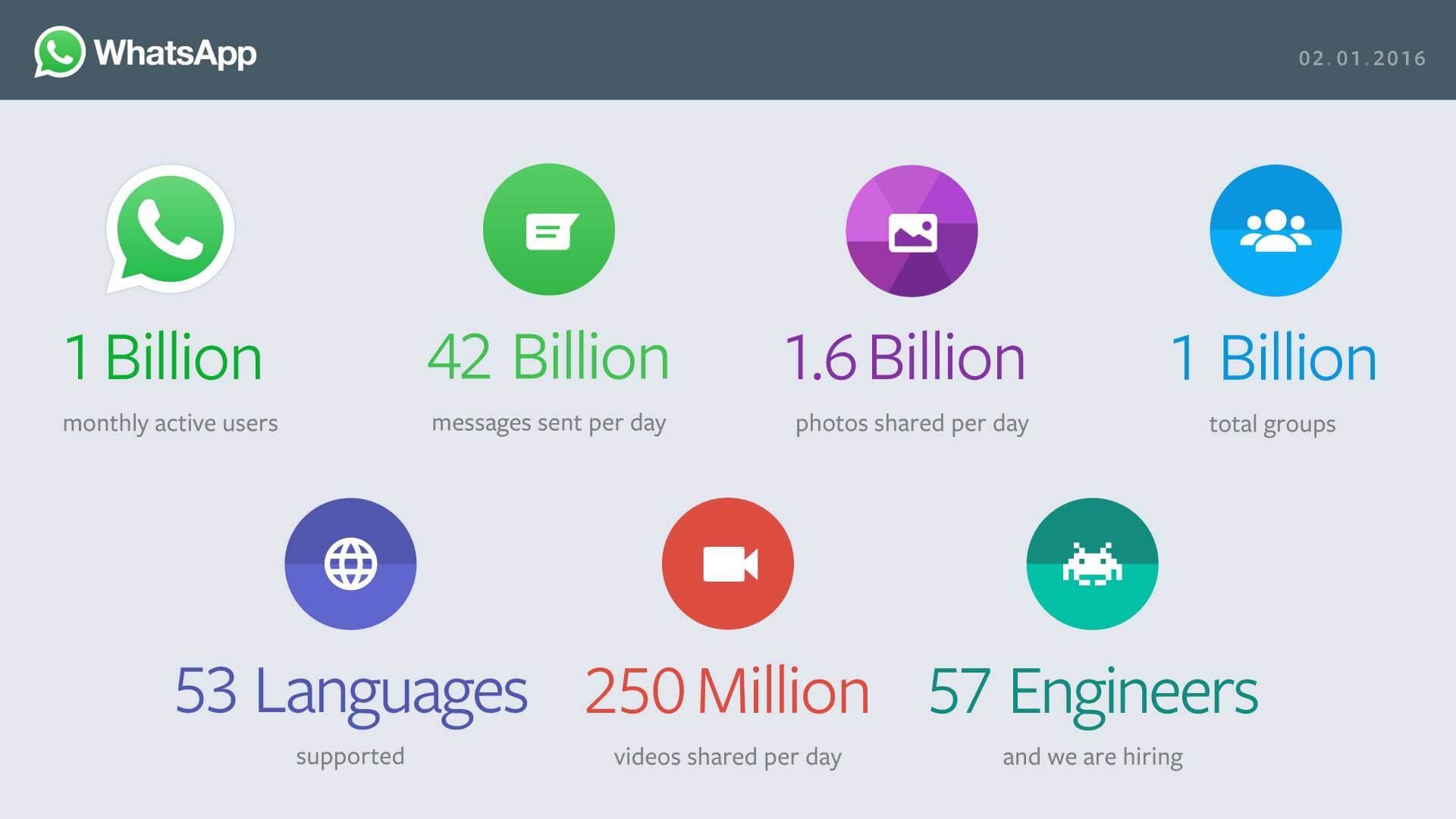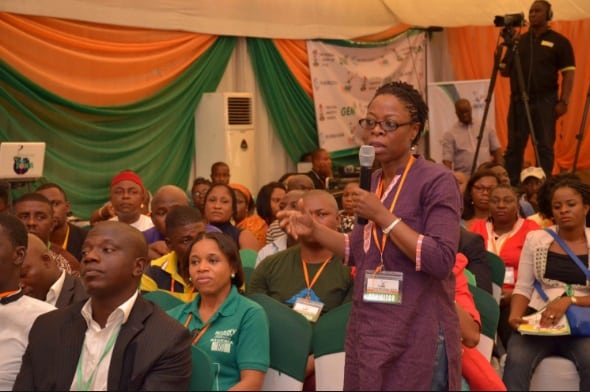Editor's Note: This is a reaction, from a guest writer, to the decision by WhatsApp to discontinue support for some mobile operating systems. We reported this earlier.
WhatsApp is the No.1 messaging app, followed by Facebook Messenger. Between the two of them, Facebook Inc. Controls 79% of the instant messaging market (this number is reported to be as high as 1.5 billion active users as at January, 2016; according to Statista)
It seems that Jan Koum (WhatsApp cofounder), has been rethinking how WhatsApp will make money for its investors by “copying” WeChat’s monetization playbook. WhatsApp did not have a real revenue model when it was acquired by Facebook for $19 billion in 2014. From available records, the 2014 Facebook Form 10-Q showed that the nine months preceding September 30, 2014 when Facebook acquired WhatsApp, it had only generated a paltry revenue of $1,289,000. This money was made by charging users an annual fee of $0.99 after the first year. Even this fee was waived to enable the app gain adoption in most markets.
However, with almost 1 billion users, it is time for Facebook/WhatsApp to make their money back. Thankfully, this has coincided with the emergence of chat app as-a-portal which is already happening with the likes of Facebook Messenger being used to initiate Uber rides and with WeChat that is built primarily to support app-in-app integration. (As I said earlier, this is the new turf that WhatsApp is trying to play on)
Though it is arriving to this party a little late, WhatsApp is better positioned to leverage this opportunity, even ahead of rival chat apps. Already, third-party developers have un-officially been extending their API, making it possible to use WhatsApp as a business and productivity tool.
The announcement of WhatsApp business that would allow companies, large and small, to communicate easily with their customers using the messaging platform agrees with the need to reposition WhatsApp as a business tool and this time WhatsApp is going to do it at a big scale. To do this, they might have to completely re-write some of their codes which might end up not being compatible with some old mobile OSes. That is why the announcement pointed out that they will discontinue support for some platforms namely Windows (7.1 and below), feature phones and Blackberry (including BB10)
WhatsApp can just see that there is no reason to provide ongoing support for a section of their market that is only a tiny percentage. You will see that based on this announcement, it is only 0.5% of their market share which is just 5 million users “only”. All this is a business decision for WhatsApp even though some BB10 users are protesting against this.
Lets take a second look at WhatsApp's decision
In the original post, I left a comment that sums up my position. I even hinted that it might be the re-emergence for other apps. So, let's look at this more closely.
 WhatsApp users by phone and OSes
WhatsApp users by phone and OSes
It is noteworthy that WhatsApp's announcement indicated that the 99.5% user count is for sales NOT total usage. So, I was interested in knowing the actual number of users WhatsApp is probably leaving on the table. Who knows, if this can become a re-emergence for Mxit, 2go or Eskimi which used to dominate the messaging space in Africa before WhatsApp beat them all to it. One of the independent data available on WhatsApp I saw was reported by Global Web Index in 2015 where 12,606 users, from across 34 countries were analyzed.

Be the smartest in the room
Give it a try, you can unsubscribe anytime. Privacy Policy.
While usage across Oses is not expected to have shifted too significantly within 6 months, it makes objective sense to assume that the number of the “lost audience” from WhatsApp could be above 5 million. Hence, I multiplied the number of the other OSes by the new WhatsApp figure to arrive at 240 million (i.e 24% of 1 billion).
NOTE: This is a simple calculation without factoring any other details. For example, you need to keep in mind that some users have multiple smartphones with which they access WhatsApp; this and other factors might be significant.
When you factor in other stats, a new reality emerges which looks like a lifesaver for other local chat apps. One of them is from Statista, which shows that the number of feature phones (like Nokia devices etc.) estimated to be shipped post-2016 in Asia/Pacific region for example, is still higher than smartphones. Another market insight by MobiForge reported that most mobile subscriptions growth will be driven by demand from the developing world where most of these feature phones will be sold.
So, you can easily understand why a new app should take advantage of this opportunity for good. In fact, 2go app was made for this audience in mind. To be objective, the economic power of this audience might be too low for WhatsApp to worry about (they are currently 0.5%) but it could be big enough for someone else.
In developing markets across Asia and Africa, where technology is still limited and high-end smartphones are still a luxury to a section of the market, any messaging app that captures this “lost” audience can still reap a massive ROI from the audience leftover from WhatsApp. Platforms like Eskimi will be happy to ramp up these WhatsApp “crumbs” and monetize them appropriately.
On a final note, I believe that messaging apps are about to evolve with an upper tier that requires sophisticated mobile operating system to run as “king of the North” and a lower tier, that can be bare-bone and own the rest; as “king of the South”.
Thanks to WhatsApp for not being selfish.
A version of this post appeared as “Why WhatsApp is “bleeding” away 5million users and the untapped opportunity it just created “ on SpokenTwice.






















